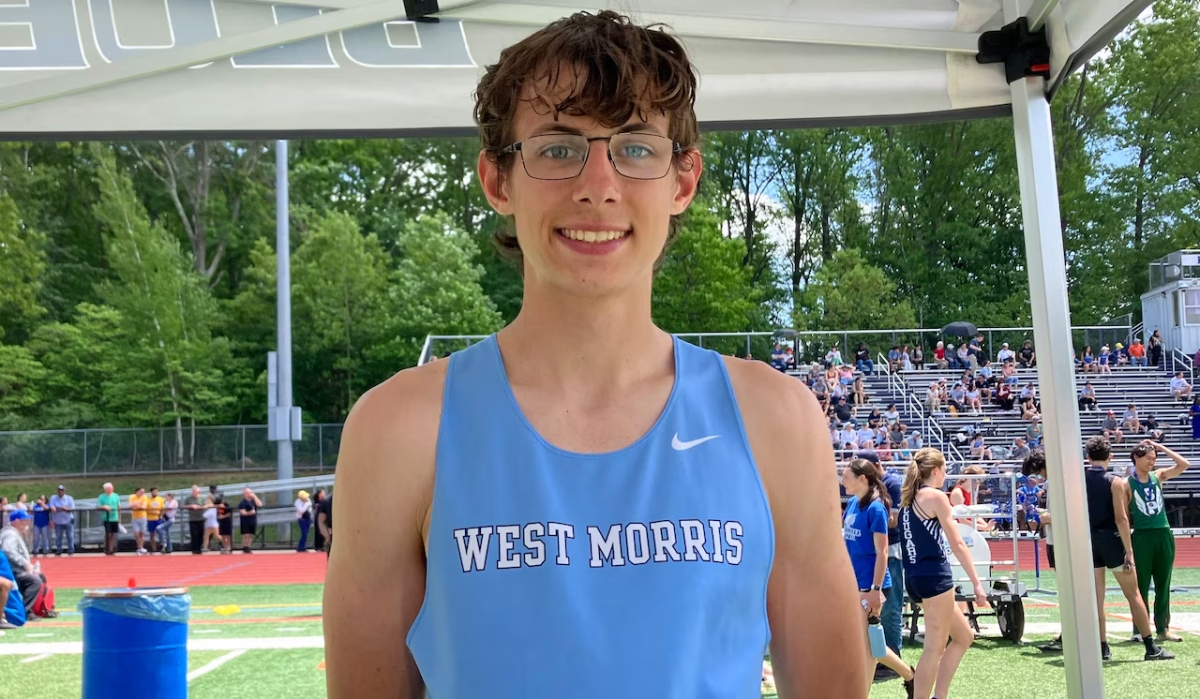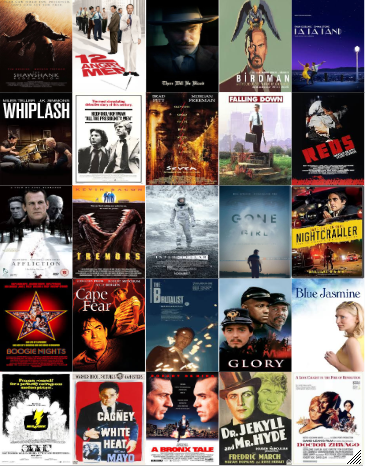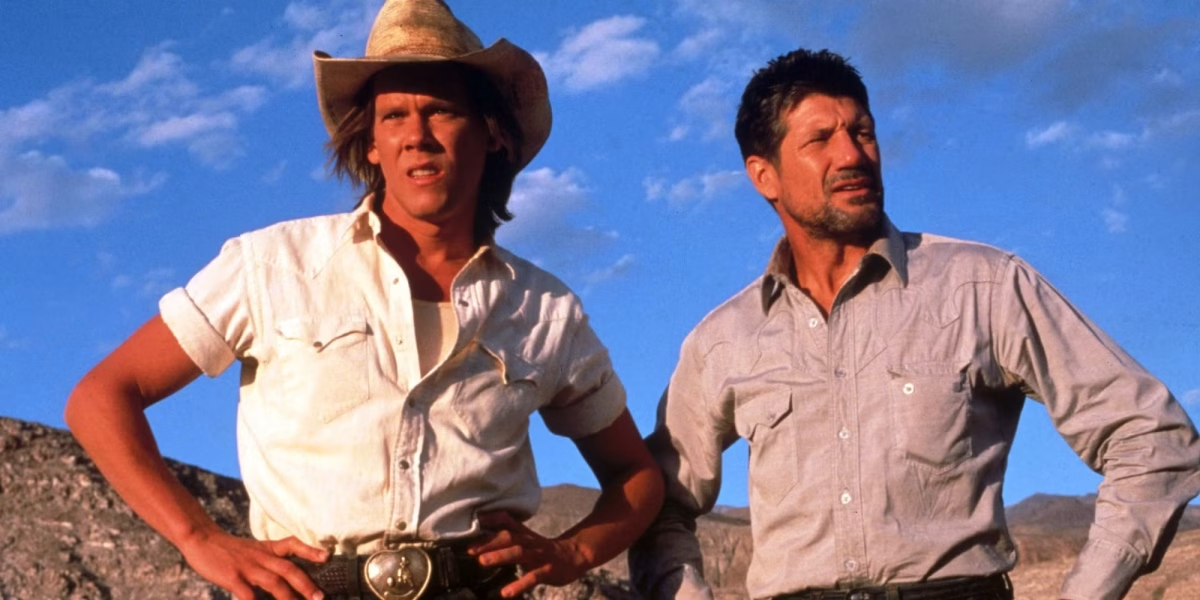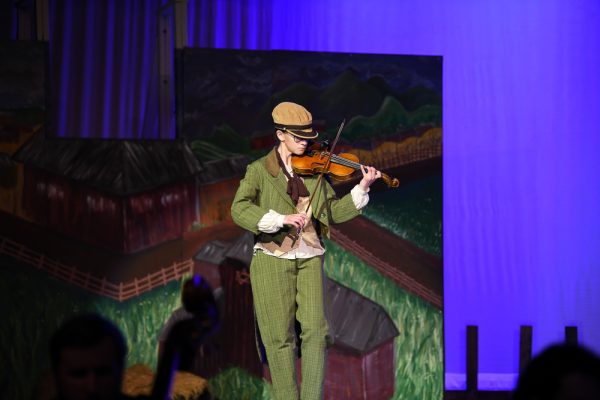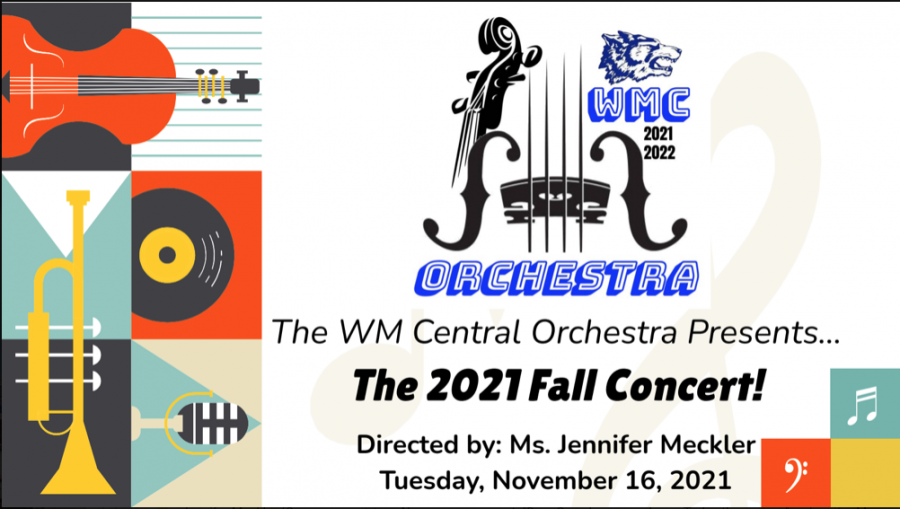An Orchestral Night at WMC
This autumn, the orchestra returns in full string.
The Central string orchestra, under the direction of Ms. Meckler, returned to the stage with the 2021 Fall Concert.
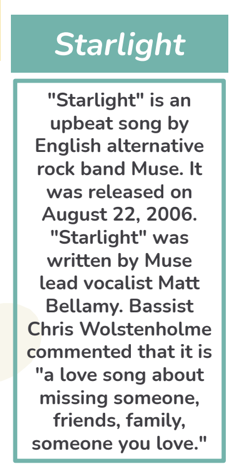
After nearly two years of uncertainty, distance, and COVID restrictions, the WMC music programs have returned to indoor fall concerts. Although masks are mandated, tickets are required, and safety precautions are in place, a semblance of normalcy has returned to the performing arts program. Central’s string orchestra, directed by Ms. Meckler, returned to the stage on Tuesday, November 16th with a large audience turnout and spectacular performance.
The orchestra concert took place on Tuesday, November 16th, and consisted of four diverse songs. For the concert opener, Ms. Meckler chose Starlight, a song originally written and performed by the English alternative rock band Muse, arranged for string quartet. Arranged pop songs tend to be structurally simpler, but this gave the orchestra a good opportunity to focus on the difficult syncopations, projection, and resonance. Resonance, or the quality of having a deep full sound, is something that Ms. Meckler wanted to focus especially on this year. 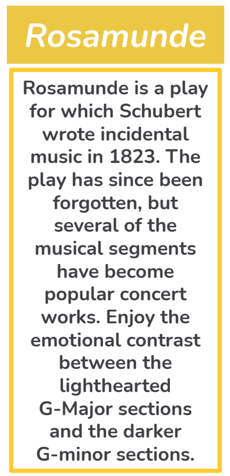 She says that strings can often have the stereotype of sounding “thin and wimpy,” and especially after having to play in small groups through COVID, she wanted to give the now-full orchestra time to build up their sound and get used to playing out again. Either way, the orchestra’s performance of Starlight inspired chills, and as the first live string performance in more than a year, it was an incredible opener.
She says that strings can often have the stereotype of sounding “thin and wimpy,” and especially after having to play in small groups through COVID, she wanted to give the now-full orchestra time to build up their sound and get used to playing out again. Either way, the orchestra’s performance of Starlight inspired chills, and as the first live string performance in more than a year, it was an incredible opener.
Next came Rosamunde, a Schubert composition originally created for the play of the same name. The texture and feel of this piece was completely different from Starlight, which is interesting considering Rosamunde is a piece characterized by contrasts. It begins by conjuring up the imagery of ballerinas dancing on stage, with the players playing off the string to create a ringing, resonant sound. As the piece progresses, it shifts into a minor key and articulations change from light and bouncy to accented and sharp, what Ms. Meckler describes as the orchestra channeling their 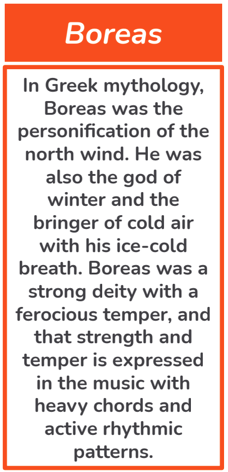 inner Disney villain. Although it was on the shorter side, this piece was full of contrast that kept the audience on their toes for the whole performance.
inner Disney villain. Although it was on the shorter side, this piece was full of contrast that kept the audience on their toes for the whole performance.
The third piece of the evening was Boreas, a piece composed by Todd Parrish for high school-level orchestra. This piece was a highlight of the evening, with the orchestra truly embodying the spirit of the cold north wind, which the Greek god Boreas commands. The piece built up the whole time like a blizzard, with the orchestra alternating between quick icicle-sharp strokes and legato phrases that swirled like the howling winds of a storm. Ms. Meckler emphasized the difficulty of this piece, from the oft-changing key signatures to the role-swaps often present. The violins often had to become the rhythmic base, where the cellos and basses took the melody. All of these components, as well as the layering patterns, created a blizzard of a piece that took the audience  by storm.
by storm.
Finally, the finale of Orpheus and the Underworld by Jacques Offenbach. This piece, known more familiarly as the can-can theme, was another crowd-pleaser, especially because the orchestra played it twice, the second time even faster. Ms. Meckler emphasized the symbolism of this piece, which was used as the finale of the 2018 district strings concert. Every member of the current orchestra was present at that concert, and Ms. Meckler saw it as a great opportunity for the players to truly see their own improvement. And it truly was impressive, a whole grand orchestra playing a recognizable theme to great effect.
The orchestra’s performance was incredible, and it wouldn’t have been possible without the hard work that Ms. Meckler put in before and during rehearsals for the concert. She spends hours choosing pieces for the orchestra based on what they need and can realistically play. It’s not a totally linear process, some pieces get discarded or moved to a later concert in order to give the orchestra more time to prepare, but it’s a process that Ms. Meckler spends hours perfecting in order to create the orchestra’s concerts. She also looks for diversity (without sacrificing quality) in order to highlight some lesser-known composers who history has brushed over.
Ms. Meckler is also committed to creating conversations around her pieces. She is an educator first and foremost, and it’s reflected in the way that she explains each piece before it is performed. She gives parents and audience members ideas on what to watch during the concert so that they can feel educated and knowledgeable during the performance. Overall, Ms. Meckler called this concert a “huge success,” and promises that the orchestra is feeling cohesive again and “ready to launch into harder stuff.”
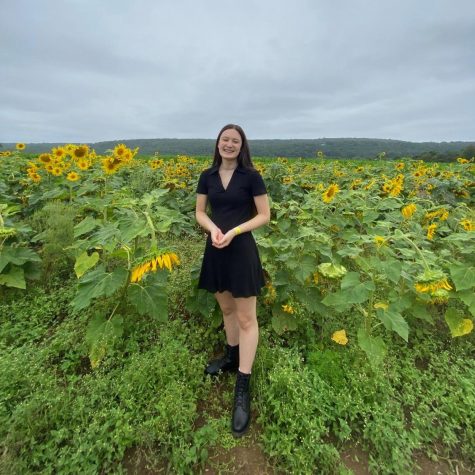
Evelyn is a senior and Journalism III student this year, and is one of The Paw's editors-in-chief for two years running! This year she is excited about...












